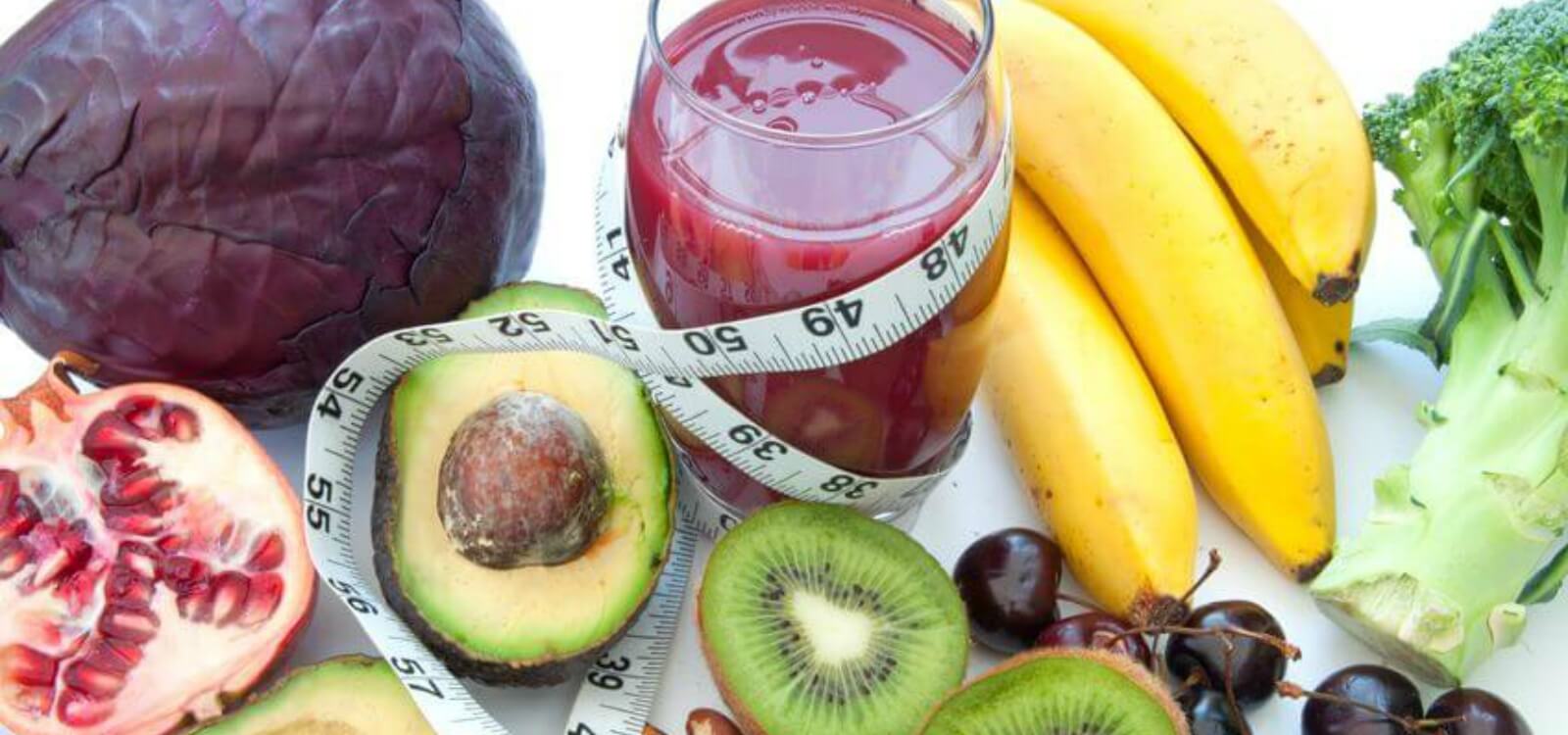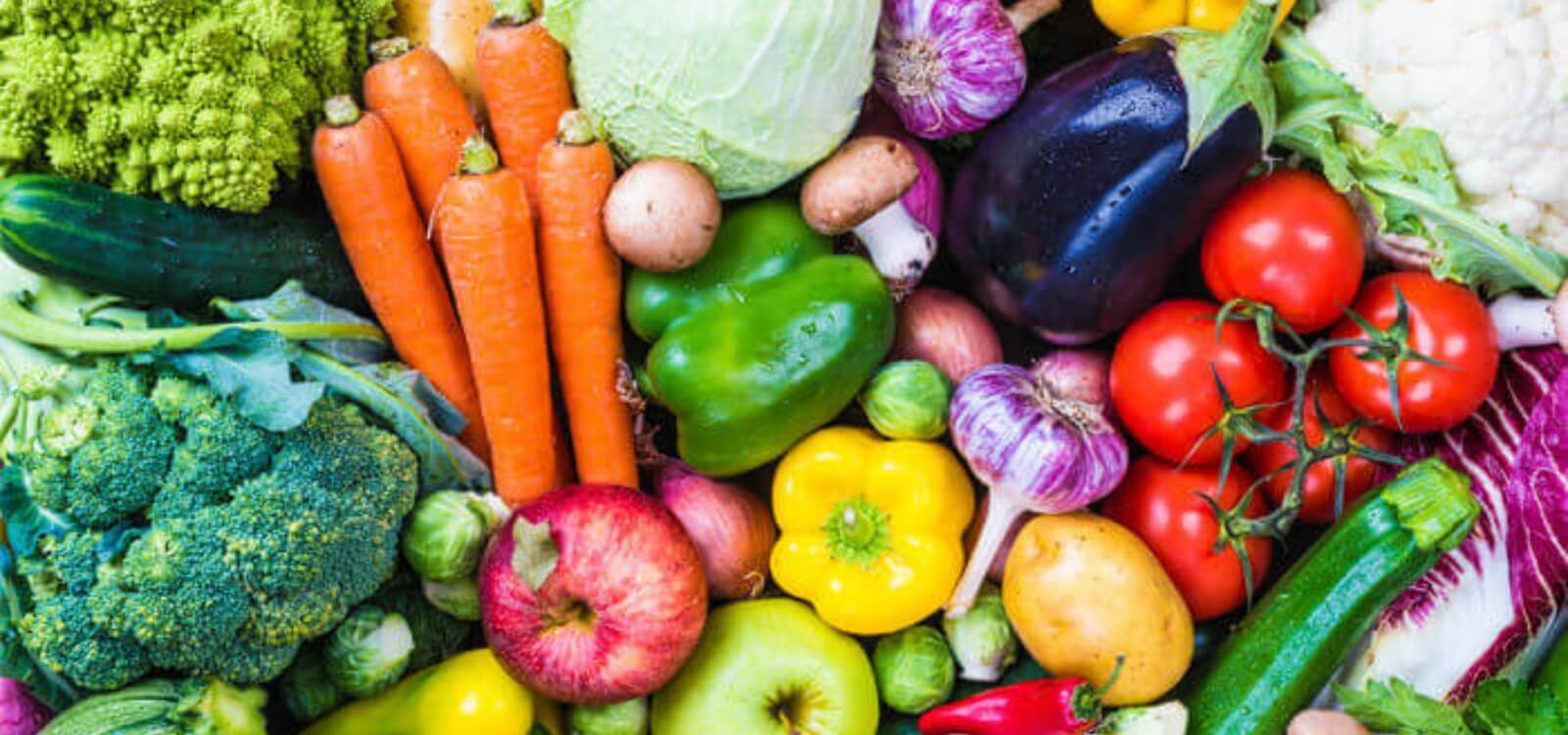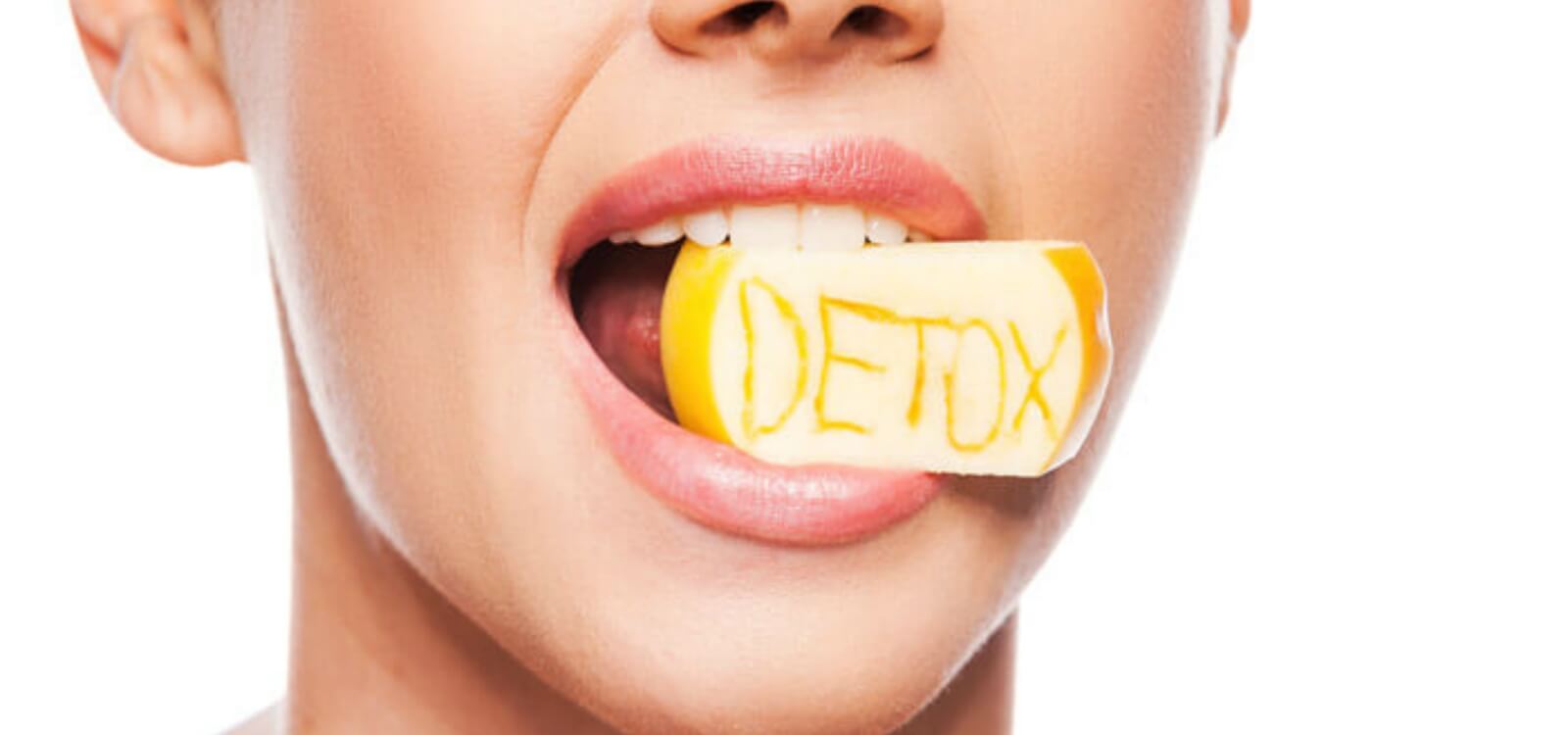Key Takeaways
- “Detox” refers to the process of detoxification, removing toxins or other bad things from the body. The term has been heavily bastardized in recent years by the “detox diet” trend.
- While toxins do exist, the body has ways to detoxify itself, toxins are not the cause of most health problems, and “detox diets” are blatant scams.
- All you need to do to protect yourself from most everyday toxins is to eat a healthy diet, follow a good exercise plan, and get plenty of sleep.
In preparation for writing this article I had to read an astounding amount about “detox diets.”
They are my kryptonite. You cannot imagine the degree of suffering I have endured. I will ensure you all empathize with my pain through sarcasm.
Right, so “detox” (urgh) “diets.”
Truth be told a lot of the more educated lifters, dieters, and health experts have long known that detox diets are a scam and avoid them. However, we all have parents and family friends who are susceptible to the “new form” of detox diets.
This “new form” that I speak of is how the general idea of detox diets (or teas) has reduced how much of the market it influences, found the people that don’t question the claims, and now takes a social engineering approach in order to maximize profits.
In other words, detox scams are being optimized on vulnerable markets.
They all look the same these days to the point that I sort of miss the “Master Cleanse.” The idea of combining maple syrup, lemon juice, and cayenne was stupid as hell but it was a cute sort of stupid. It’s the detox equivalent of a baby pug trying to eat a doorstop so I have a soft spot for it.
The other ones? More malicious, I feel.
Same buzzwords, same end result, same visuals; just small modifications here and there to keep people in the loop of seeking the “newest detox plan.”
So, in order to counter that, I’ll teach you all how to make your own anabolic and fat loss inflammation-fighting immunity boosting counter-contradictory detox immortality plans! Get in on that sweet scam money!
Or not.
I will show you how they work, though.
What Is a Detox Diet?

A detox diet is a type of lifestyle and diet, usually topped off with a dietary supplement, that’s said to remove “toxins” from your body.
Detox diets tend to fail because they, at this point in time, follow a pretty predictable pattern:
- Say the user is doing something wrong while assuring them it’s not their fault.
- Propose a basic, free solution that forms the “basis” of the program.
- Have the “true” benefits hidden behind some manner of paywall or inside some kind of product.
So, for the following sections, allow me to put on my cloak of moral trickery which gives me a +5 profit modifier at a cost of halving my morality. This will allow me to speak in more direct terms.
It’s a Japanese-British cloak though so relax and let Scammer-sensei drown you in sarcasm.
The following is the basic formula for suckering you into following a detox diet.
There Are Toxins in Your Food!
The initial claim for all detox diets lays in how your current diet, and/or what you do each and every day, is somehow “bad” for your health. This is due to “toxins” in your diet and environment.
This stage is important for any self-respecting scam detox diet since you need to sell the idea that the person is, for some reason, on the verge of death. The worse you make the issue sound the more people believe you.
Make sure to abuse the words “inflammation” and “oxidation” since people have accepted that they are, indeed, things but never question them. Toxins cause inflammatory oxidation—sounds super deadly.
Naturally, you cannot outright state what toxins are the problem—if you do that then people can call you out on your bullshit. So don’t say that PCBs are the issue, don’t say it’s heavy metals, just say the word “toxins” and some other buzzwords and hope it sticks.
This is important since if we were actually trying to help somebody we would take our time to talk about the toxins in particular, what they’re called, where they’re from, and how to avoid them in your diet. We would prove that the toxins are a problem with either academic citations or sound arguments.
But we’re in it for the quick buck so that’s out the window.
Do whatever it takes to get the victim client to simply accept the toxin issue as true, then move on the solutions. Double down on focusing on solutions since the more you focus on solving the problem, the less people question whether or not a problem even exists.
And always remember. If there isn’t a problem then don’t focus on the problem, focus on the solution.
Our Diet Can Help You!
Now that we established that toxins are totally a problem (wrongthink is punishable by gluten), I’ll give you, my dear reader, a few friendly tips to help detoxify your body because I’m such a kind and generous soul.
This usually takes the form of a “totally holistic and natural” diet. The best we can possibly do given how all our food is nutrient depleted these days.
(Yes, I know advances in genetic and agricultural sciences have led to more nutritious food to be produced but always remember that Monsanto exists.)
In actuality our diets have a purpose. Now you might be thinking “it’s to be healthy, right?” and it’s adorable you think that. If you wanted a healthy diet you wouldn’t be looking at detox programs.
Our purpose is to manipulate the gut so it feels like you are healthier and losing weight and the easiest way to do this is to do the following:
- Load somebody up with vegetables and fiber.
- State that the first few days of the detox are “tough” because the body is adapting to healthy food while, in actuality, people are just clogged up.
- Introduce a large amount of lipids and a caffeine source later on to both lube up the cannon and light the fuse at the same time.
Voila! The porcelain gods are pleased at the weighty sacrifice donated to their bathroom altar!
By making the victim client defecate more frequently we can avoid the fact that we, as humans, normally have quite a few pounds of bulk sitting in our intestines at any given time. I know it’s supposed to be getting digested and supporting microbial health in the colon but, remember, this is a detox diet and not a healthy diet.
Making the client feel healthier, or lighter, or good in any way, is pivotal.
The next step is to casually state that it’s not at all related to their diet or the fact they lost five pounds of intestinal bulk, it’s clearly due to the superfoods.
“Superfoods” Remove Toxins!

“But Scammer-sensei, how can I turn a profit off this detox scheme? I don’t sell eggs and broccoli after all!”
No worries, sell a “Greens” formulation.
Greens supplements are truly wonderful. Pre-workouts are designed to be taken before a workout, multivitamins have multiple vitamins, but greens products just need to be green. It’s all in the name!
Why write multiple articles about the benefits of spirulina, reishi, and astragalus and provide them in standardized doses when you could, like, not make that effort?
Giving adequate doses of plants that taste less than decent, and providing them in doses that confer health benefits, simply means you have to deal with hiding the naturally bad taste and spending a lot of money to do so.
Alternatively you could just sell a month supply of… something? Don’t really care what, just make it green and make it taste pretty good. Make the label a proprietary blend and hide the doses so people can’t fact check you. Seriously, make it as confusing as possible by putting in at least 30 different plants, four of which need to have exotic-sounding names.
(Scammer-sensei protip! Sell caffeine products as “1,3,7-trimethylxanthine!” It is just the chemical name for caffeine but you sound incredibly bourgeoise!)
This is also the stage we earn the most money so be sure to sell it for $70 USD per month or more. Being in the high double digits, or the low triple digits, is a great price for when you want to sell a month supply of something to people who don’t price-check you against the competition.
By making a high-cost product, making the consumer change their diet to feel better, and transferring the credit away from the consumer’s autonomy towards your product, you ensure that you get repeat sales. If anything goes wrong you can blame the consumer for “not sticking to the program” or just blame “Big X” (Big Pharma, Big Supplement, Big Gluten; doesn’t matter.)
Follow these steps and your detox program will earn you buckets of cash!
Scammer-sensei’s Patented® Troubleshooting
Scammer-sensei! Can I sell Probiotics instead of a Greens Supplement?
Sure you can! Just remember to sell things that people cannot fact check easily or don’t want to fact check. Anything related to the gut or immunology are wonderful options since the average person doesn’t usually have the prerequisite knowledge to answer those questions!
Scammer-sensei! Can I deviate from the toxins script if I find another lead?
Not advised. The reason every detox diet under the sun talks about toxins in vague terms is because consumers blindly accept the “toxin” claim. Remember that an educated consumer can out you if you provide too many leads for them to follow and realize your deception.
The more scientific evidence and logic you provide the worse your scam fares in the long run. Be vague! We don’t get too many gluten-tier social panics around these parts.
Scammer-sensei! What are the safest claims to make when it comes to my detox diet?
You want to make claims pertaining to either things heavily influenced by the placebo effect (depression, menopausal symptoms, and fatigue), things that the diet addresses, or things that are hard or impossible to measure.
Try not to make demonstrable claims like “reduces triglycerides” since they can be measured. Stick to emotions, feelings, and talk about boosting longevity—stuff that’s hard to measure or won’t be measured for years.
Scammer-sensei! How do I best market my detox diet?
Remember that you want to separate yourself from the initial, fallacious, toxin claim as rapidly as possible so you’re not called out. The best way to do this is to make it seem like detoxes are pretty run of the mill (people like to say that “a hundred experts cannot be wrong” but, ha ha, experts?) and to put their focus somewhere else.
Try making your detox time-sensitive or with a unique dietary twist. Perhaps call it the “21 days of detox” and include Christmas-y motifs to make it fun and exciting to pair with the futility!
Why Are Detox Diets Deceptive?

Alright, back to being serious.
As I pointed out above, the entire idea of detox diets hinges on the idea that you “buy” the idea that there are toxins in your environment that the diet can remove.
Of course, the detox diets never specify the toxins in question or provide any rationale as to why their plan is needed to remove these toxins. They almost never even attempt to answer how their greens supplement is somehow better than just eating vegetables.
This is because the more you delve into the toxin issue, the stupider it seems.
What Is A Toxin?
Generally speaking, everything we put into our mouths can fall into five rough categories:
A molecule that aims to benefit the body and ultimately does. (Like fish oil, choline, or essential vitamins and minerals.)
- A molecule that aims to benefit the body but, due to acting as a crutch, prevents long-term beneficial adaptations from occurring, resulting in a net negative. (Like taking antioxidants and anti-inflammatories before exercise.)
- A molecule that, for all intents and purposes, is neutral because it just isn’t potent in any way. (Like non-nutritive fibers, poorly digested carbohydrates, and low dose isolated amino acids.)
- A molecule that aims to harm the body but, due to acting as a positive stressor, causes long-term beneficial adaptations. (Like curcumin, resveratrol, and low dose alcohol consumption.)
- A molecule that aims to harm the body and ultimately does. (Like poisons such as arsenic, cyanide, and botulism.)
The first category are nourishing agents or nutrients, the final category toxins, and category four refers to what we call hormetic agents which are usually just low-dose toxins.
Truth be told almost any molecule that aims to hurt the body can be either group 4 or 5 depending on dose. There are many dietary supplements on the market that actually exert their benefits through hormesis as well like curcumin and resveratrol (both of which are technically toxins but, if dosed correctly, ultimately confer benefits.)
I’m rambling here on the definition because I want to make it clear that nothing is 100% negative and it’s all a dose-dependent issue. The only things that can be argued to be 100% bad, things like cyanide and botulism, are simply things that whenever people get exposed to it the dose they get exposed to is in the “toxic” range.
Even the illegal fat burner DNP, which has numerous deaths to its name, can be made to protect cells if the concentration is just right. Naming of the toxin, the dosage of the toxin, the route of exposure, and the symptoms all need to be specified to understand toxic effects.
And if a detox diet won’t even bother getting into the basics of it and just paints all toxins as “bad,” then they’re woefully undereducated at best.
How Do We Remove Toxins?
Naturally, the body has evolved various ways to “handle” toxins or rather manage the levels of these potentially harmful molecules.
While there are tons of various pathways we could talk about I want to do a quick recap on the two major phases of liver detoxification enzymes:
- Phase 1 Detoxification which involves the P450 class of enzymes sensing, shuffling, and modifying what we eat to prepare them for phase 2.
- Phase 2 Detoxification which involves “packaging” molecules to either be sent into the blood or to be sent back out of the body (through the intestines).
It’s a large, highly adaptive, and highly sophisticated system that can essentially be viewed as one group of people sorting a pile and the other group putting it into boxes and shipping it to the appropriate location.
These enzyme groups are located on our skin, in our liver, our intestines, our kidneys, and our lungs; basically if the world outside the body even has the slightest chance of interacting with the world inside our body then P450 will be there.
This is because everything we consume or expose ourselves to, whether intentionally or not, has to pass by these two enzyme systems.
Any discussion of detoxification should mention this system since, let’s be honest, it’s going to be doing 98% of the work in keeping levels of potentially toxic molecules in check. It’s the Amazon of immunity.
How Do Toxins Hurt Us?

Finally, addressing the claim of how toxins can hurt us.
Truth be told there’s no commonality among all toxins. Each toxic effect can differ from the next and the only real symptoms that show up frequently are the “oh shit” buttons each organ has; stomach thinks it’s under attack? It presses it’s “oh shit” button to initiate vomiting. Intestines under attack? It presses it’s “oh shit” button and initiates diarrhea.
If you want to learn more about a certain toxin in particular, however, there’s ample evidence online. Toxicology is a very well researched field and information is easily accessible to the public.
To hark back to the deceptive practices of detoxes, it hinges on not naming the toxin in question. The reason for this is because if you name a specific toxin you can just bring up something like a Material Safety Data Sheet (MSDS) or review on the subject (Cadmium for the previous links) and there are multiple organizations that try and break down the topic in a digestible manner.
Once you have the name of the toxin, information is pretty easy to get.
If you can name the toxin, gauge an exposure level, see if physical/mental symptoms are occurring, then you can act in an appropriate manner to try and remove the toxin from your body or otherwise mitigate unnecessary exposure in the future.
The proper way to deal with toxins in through your lifestyle is:
- Have a healthy diet, exercise plan, good sleep schedule, and relatively low stress so your P450 system isn’t absolutely horrendous.
- Despite taking care of yourself, still try your best to avoid real toxins.
- If you have exposure to a toxin in what is considered a “toxic” dose (usually that which overcomes the average person’s P450 and other defenses) then identify it and take the necessary steps to remove this specific toxin from your body.
But all of this, of course, precludes the need for a detox diet in the first place. Prevention, when it comes to toxins, is avoidance; rehabilitation, when it comes to toxins, is targeted therapy. A healthy diet is just expected rather than being some pivotal toxin defense.
The Bottom Line on Detox Diets
Detox diets piss me off because they are similar, in practice, to homeopathy.
If pharmacy and medical doctors have been doing something for decades that seems to work well, and someone in “alternative” medicine wants to also help people, it’s best to identify what works and try to make it more effective, practical, cheap, or accessible.
Not to take standard practice and reverse it.
Homeopathy is stupid because the dose is the ultimate factor in whether or not something works and to what degree it does, and it reverses this idea for no beneficial reason.
Detox diets, on the other hand, look at how doctors take a methodological and calculated toxin-specific approach to detoxifying the body and decide to go the other way and generalize everything to the point where the toxins are not even named.
Then they just drag my industry’s reputation through the mud and expect me not to be peeved about it.










